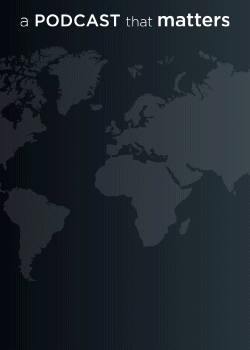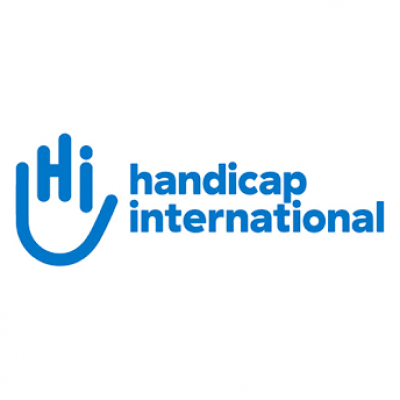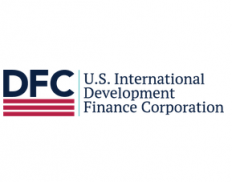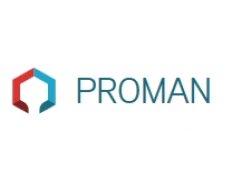Details
Description
Background
UNDP is committed to achieving workforce diversity in terms of gender, nationality and culture. Individuals from minority groups, indigenous groups and persons with disabilities are equally encouraged to apply. All applications will be treated with the strictest confidence.
UNDP does not tolerate sexual exploitation and abuse, any kind of harassment, including sexual harassment, and discrimination. All selected candidates will, therefore, undergo rigorous reference and background checks.
The Government of Jordan is committed to achieving the Sustainable Development Goals by 2030. It submitted its first Voluntary National Review (VNR) to the High-level Political Forum on Sustainable Development (HLPF) in 2017 and is preparing to submit its second VNR in 2022. The 2017 VNR included an ambitious roadmap for Jordan including prioritizing and mapping of SDG goals, targets and indicators, of mainstreaming SDGs into national and sub-national development strategies, plans and budgets, strengthening monitoring and evaluation and data availability. While the Government has made commendable progress in many areas despite the many challenges Jordan is facing, much remains to be done.
The process of preparing the 2022 VNR therefore provides an important opportunity to take stock, to review ambitions for 2030 in the context of the impact of COVID-19 and other shocks and to set out a revised plan of action to accelerate progress towards the SDGs. The process provides entry points to make stronger linkages between various reform efforts and strategy development processes including the Government’s Indicative Executive Program 2021-2024 and those being led by the Reform Secretariat at the Ministry of Planning and International Cooperation (MoPIC) on the green recovery strategy and to ensure that the 2030 Agenda and the SDGs are at the core of these efforts.
The VNR is also an opportunity to raise awareness on the 2030 Agenda and its ambition of an interconnected development agenda and leaving no one behind engaging the whole of government, civil society and development partners.
Duties and Responsibilities
Support reviews and analysis feeding into VNR (by end February 2022)
The SDG Data Analyst will support the Team in the review of the following by providing related data and analysis:
Review of the policy and enabling environment including impact of COVID-19 on SDG progress in Jordan.
Review of how the 2030 Agenda and the SDGs have been integrated into national frameworks including strategies, policies, programs, budgets and financing frameworks. This should include government’s Indicative Executive Program 2021-2024, Green Recovery Strategy, 2025 Vision, Executive Development Plan as well as other key national and sectoral strategies.
To the extent possible and to the extent data is available, a review of how budgets and financing strategies are integrating the SDGs. As data on this may not be readily available, suggestions should be made for further work moving forward.
Review to what extent strategies and policies reflect the interconnectedness of the SDGs and the three dimensions of sustainable development (economic, social and environmental) and potential trade-offs and synergies are being evaluated.
Review to what extent the principle of leaving no one behind and of reaching the furthest behind first is informing government strategies, policies, programmes and budgets.
Review progress on SDG goals and targets (by March 2022)
In close coordination with relevant staff at MoPIC and the DoS lead the following:
Data collection: Drawing on ongoing work of DoS, UNDP, other UN agencies and partners, identify relevant data to be included in the VNR. This should ensure:
relevant disaggregation in particular by sex, age, income, disability status as a means to ensure the VNR reflects the ambition of ‘leaving no one behind’ and ‘reaching the furthest behind first’.
inclusion of human rights-sensitive indicators building on the reporting to various human rights bodies (UPR, etc.).
building on survey/ data collected by DoS, administrative data as well as exploring the possibility of including innovative data sources/ Big Data, etc.
Develop data profiles for each SDG for inclusion of VNR: (e.g. VNR 2021 of Egypt provides a good example of data profiles to showcase progress/ trends for each SDG: https://sustainabledevelopment.un.org/content/documents/279512021_VNR_Report_Egypt.pdf ). This should include exploring the possibility of developing sub-national/ governorate level profiles for available data. Profiles should include baseline, outline trends (where available) and progress against various goals and targets and draw on above data collection effort as well as any other proxy data or relevant analysis.
Identifying opportunities for linking SDG monitoring to monitoring of key national strategies including the EDP.
For all of the above, the SDG Data Analyst will coordinate with and ensure the inputs of relevant stakeholders in particular line ministries.
Competencies
Required skills and competencies
Core Competencies;
Leadership; Ability to persuade others to follow.
Communication and Relationship Management; Ability to listen, adapt, persuade and transform.
In People Management; Ability to improve performance and satisfaction.
Innovation; Ability to make new and useful ideas work.
Delivery; Ability to get things done while exercising good judgement.
Technical competencies;
Excellent verbal and written communication skills
Strong track record in data science and related fields
Working knowledge of data analytics, cloud computing, business intelligence and visualizations, Agile and DevOps methodologies
Working knowledge of programming language including front-end frameworks
Ability to support the development of digital initiatives to support business objectives
Strong conceptual thinking to develop new strategies & innovative projects
Self-motivated and able to work with a high degree of autonomy
Desired additional skills and competencies
Strong track record in monitoring and evaluation concepts, tools and good practices;
Strong analytical and writing skills
Knowledge in sustainable development concepts, familiarity with 2030 Agenda and SDGs and SDG indicators
Strong communication skills
Ability to build strong and sustainable relationships and capability to interact at all levels within the organization
Ability to deliver in a high-pressure environment
Required Skills and Experience
Education:
Master’s Degree or equivalent in development economics, or a related area. Bachelor’s degree with additional two years of relevant experience may be accepted in lieu of the Masters.
Experience:
[0] Year of relevant work experience with Master’s degree in development economics, or a related area; or Bachelor degree with two years relevant experience in data collection and analysis, preferably related to the 2030 Agenda/ SDGs .
Experience in the usage of computers and office software packages (MS Word, Excel, etc) and experience in handling of web based management systems.





